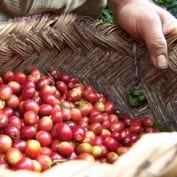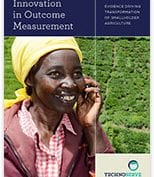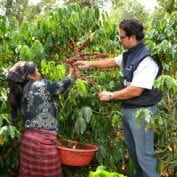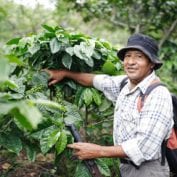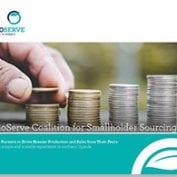
Incentivizing Lead Farmers to Drive Production: Results from the Coalition for Smallholder Sourcing
This case study from the TechnoServe Coalition for Smallholder Sourcing examines how a performance-based cash incentive piloted by an agribusiness in Uganda stimulated maize production and sales among smallholders involved in contract farming.




